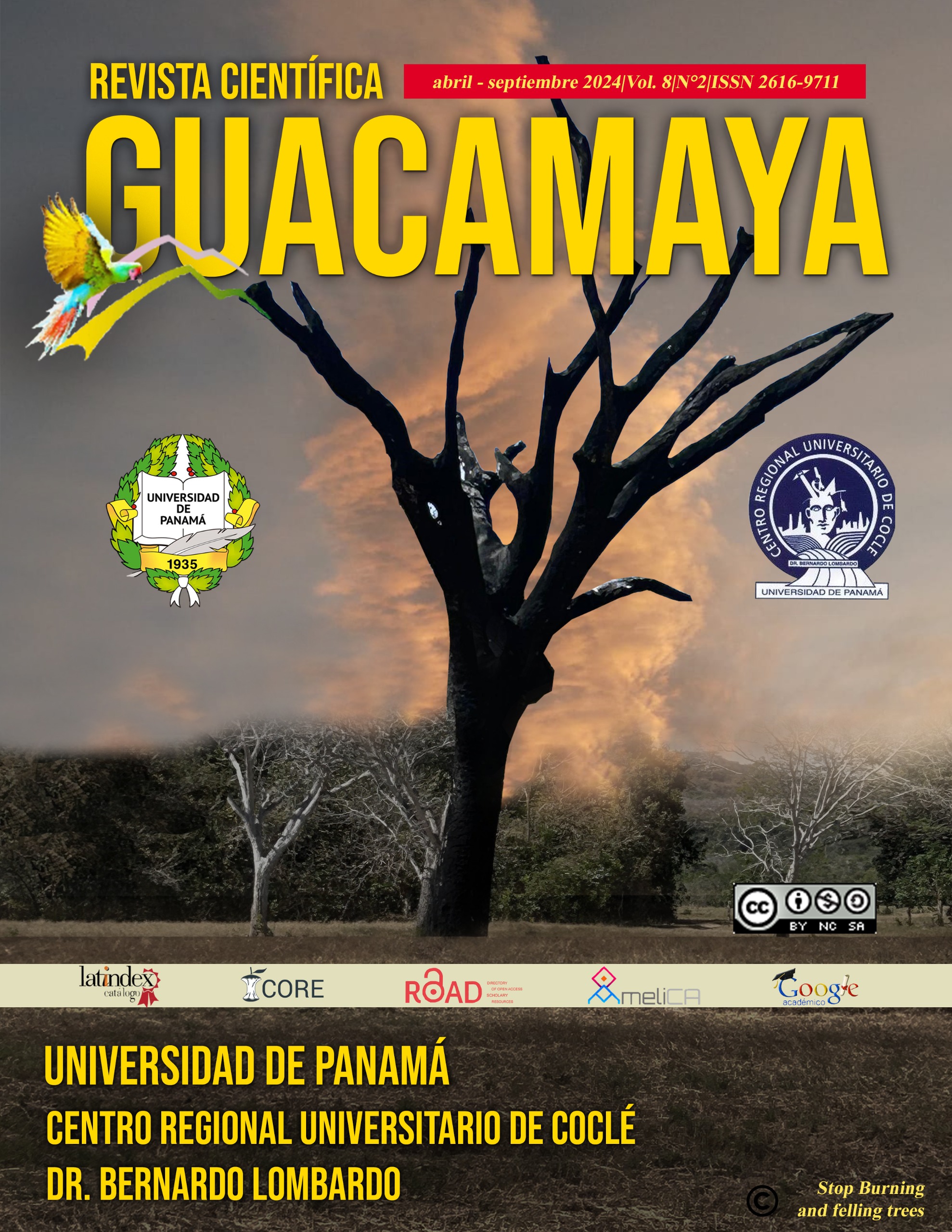

Copyright (c) 2024 Revista Científica Guacamaya

This work is licensed under a Creative Commons Attribution-NonCommercial-ShareAlike 4.0 International License.
The new Criminal Process of Panama has a series of guarantees, principles and rules where the validity of the evidence appears, since it is not only about collecting and storing it, it is also about complying with all the protocols established in the constitutional norms so that it is valid. For this investigation, it meets the objective of analyzing the importance of the burden of proof in the new Accusatory Criminal System. The burden of proof, it sets out the definition of what evidence itself is, breaks down the types of evidence that are most used, how evidence has evolved, and what the presumption of innocence means based on the test load. Another point exposes aspects such as what is the burden of proof, the practices of evidence, what is evidentiary freedom, the legality and relevance of evidence, evaluation of evidence, also the principles of the Accusatory Criminal System and their relationship. direct with the test. It is a documentary investigation, since it is based on the analysis of data through bibliographic sources. From this it is concluded that the Accusatory Criminal System is characterized by being a guarantor of constitutional and human rights, where the accused enters the system with his state of innocence intact, the evidence therefore has great relevance in this system, since it is this the one that helps prove the guilt or innocence of the accused.